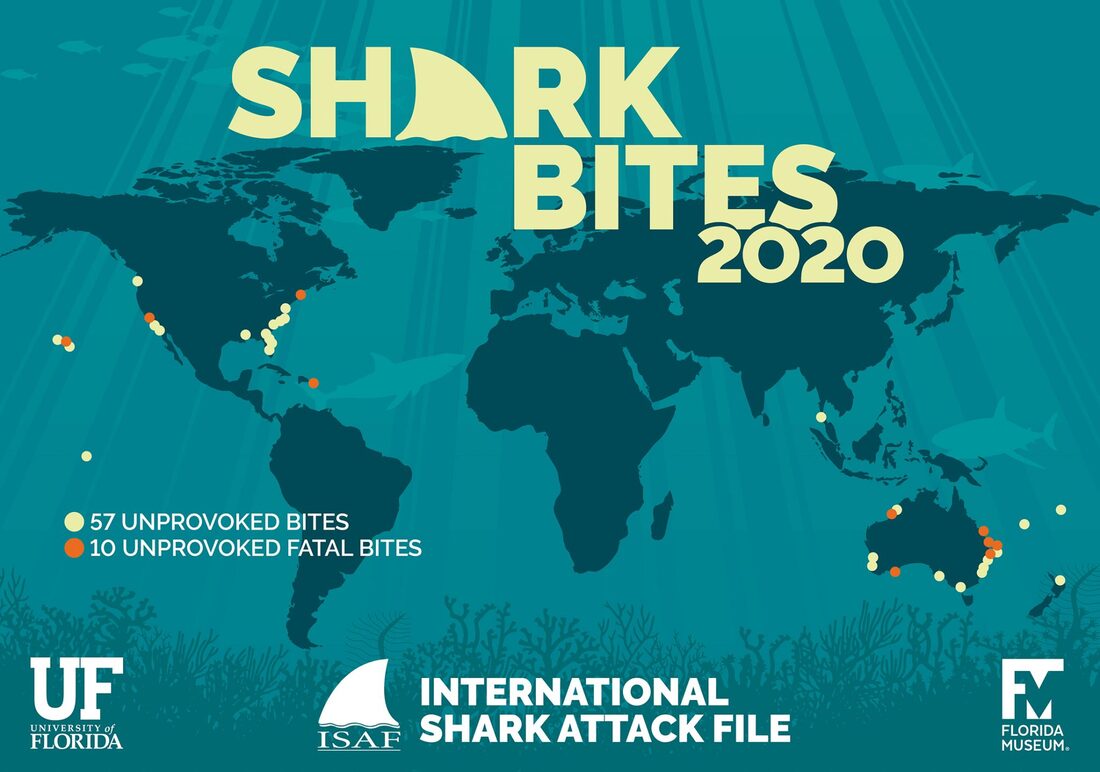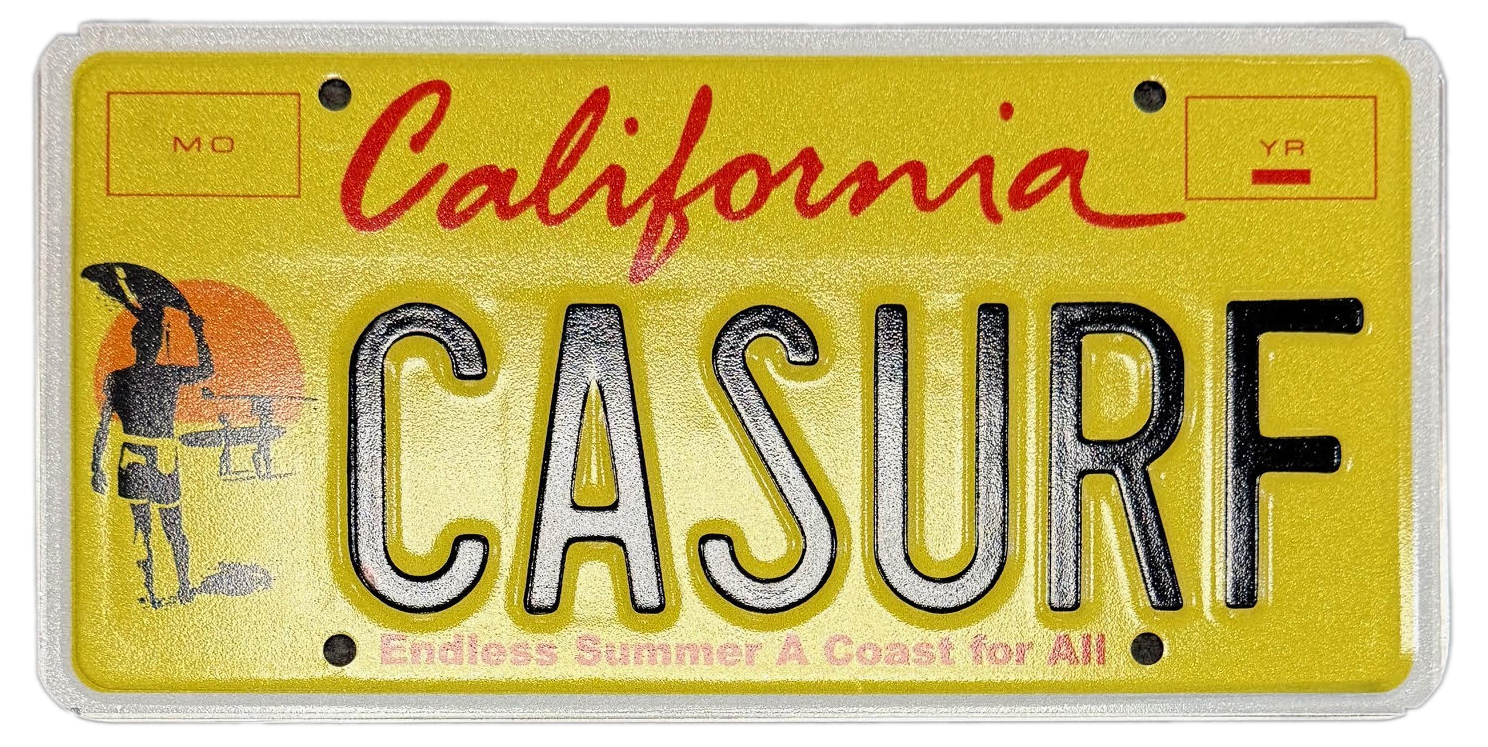|
You did your part for Earth Day by picking up trash at a beach cleanup and now you’re done, right? Not so fast. Cash Daniels wants you to do a bit more. The 12-year-old from Chattanooga, Tenn., has personally organized cleanups and removed thousands of pounds of garbage over the last five years from a stretch of the Tennessee River near his home. The Tennessee is one of the most microplastics-polluted rivers in the world. “I’m making a difference on the environment,” he said in a recent phone call. “I don’t like seeing plastic lying around anywhere.” His efforts have led to partnerships with nonprofit organizations such as Tennessee Beautiful and Keep America Beautiful. Daniels, a finalist for Time magazine’s Kid of the Year 2022, also co-founded a group called the Cleanup Kids to motivate others to follow his example. Now he’s challenging young people around the world (or anyone, really) to collectively pick up 1 million pounds of litter in 2022. How will he measure their progress? Through trash-tracking apps like Litterati, which encourages people to pick up trash and share photos online to create a global cleanup community. How much trash is there in the U.S.? Keep America Beautiful’s 2020 National Litter Study estimates there are 50 billion pieces of litter or “152 pieces of litter for every U.S. resident.” That means if each person picked up their share, the country could be litter-free. Start by joining the 24th Great American Cleanup, which is underway now through June 22. It’s hosted by Keep America Beautiful, which started in 1953 when litter was mostly found alongside America’s highways. The organization offers free cleanup kits to help you get started. Other things to do: In Southern California, join year-round cleanup groups and turn out for these events: Other things to do: In Southern California, join year-round cleanup groups and turn out for these events:
Story by BY MARY FORGIONE CLICK HERE FOR MORE
0 Comments
Shark attacks decreased for the third consecutive year, falling to 57 unprovoked bites worldwide in 2020, compared with 64 bites in 2019 and 66 in 2018, according to the annual summary issued by the University of Florida’s International Shark Attack File. The most recent five-year global average sank to 80 incidents annually. But it was the deadliest year since 2013, with 10 unprovoked bites resulting in fatalities, a stark departure from the average of four per year. Six of the fatal bites occurred in Australia, three in the U.S. and one in the waters of St. Martin in the Caribbean. Consistent with long-term trends, the United States led the world in the number of bites, with 33 incidents, a 19.5% drop from 41 last year. Australia followed with 18, a slight uptick from the country’s most recent five-year average of 16 bites per year. Gavin Naylor, director of the Florida Museum of Natural History’s shark research program, said the high number of deaths in 2020 is likely an anomaly. “It’s a dramatic spike, but it’s not yet cause for alarm,” he said. “We expect some year-to-year variability in bite numbers and fatalities. One year does not make a trend. 2020′s total bite count is extremely low, and long-term data show the number of fatal bites is decreasing over time.” Experts also confirmed single, non-fatal bites in the Republic of Fiji, French Polynesia, New Caledonia, New Zealand and Thailand. ISAF investigates all human-shark interactions but focuses its report on unprovoked attacks, which are initiated by a shark in its natural habitat with no human provocation. These exclude bites to boats, scavenging and bites in public aquariums. The past three years have marked an abrupt drop in global shark attacks from previous totals in the high 80s. 2017′s 88 unprovoked bites, for example, were average at the time. Still, 2020′s total of 57 bites worldwide represents a larger-than-expected decrease from 2019 and 2018, Naylor said. It remains unclear whether COVID-19 lockdowns and a slow year for tourism might have contributed to an unusually low number of bites – or if the dip reflects the challenges of getting data during a pandemic. While a certain number of cases remain unconfirmed and unclassified each year, this situation was exacerbated in 2020, said Tyler Bowling, ISAF manager. With law enforcement, coroners and healthcare workers focused on responding to COVID-19, few had time to help confirm reported shark bites or provide extra information about incidents. As a result, Bowling is still working to confirm 16 reported bites and classify an additional six confirmed bites as unprovoked or provoked. In contrast, nine incidents were unconfirmed in 2019 and nine were confirmed as shark bites but could not be classified. All open cases remain under investigation, Bowling said. Surfers and other board sport athletes, largely undeterred by the pandemic, experienced 61% of bites worldwide in 2020, compared with 53% in 2019 and 2018. With 1,350 miles of coastline and a large surfing community, Florida has long been a global hotspot for shark bites, a trend that continued in 2020. The state’s 16 unprovoked bites accounted for about 48% of the U.S. total and 28% of incidents worldwide, though the total was significantly lower than Florida’s five-year annual average of 30.
Eight of the bites happened in Volusia County, followed by three in Brevard and single attacks in Duval, Martin, Miami-Dade, Palm Beach and St. Johns counties. Other states with unprovoked bites include Hawaii, 5, California, 4, and North Carolina, 3, with single incidents in Alabama, Delaware, Maine, Oregon and South Carolina. Three of the bites proved fatal, one each in California, Hawaii and Maine, a first for the state. Endless Summer has now surpassed the University of Florida as the top selling specialty license plate in Florida, notwithstanding generating slightly less revenue this year compared to 2019, due to the Covid-19 pandemic. Showing that specialty license plates continue to generate revenue for worthy causes, despite the pandemic - raising over $32 million in 2020.
Miami Heat and Tampa Bay Bucs both increased their sales and revenue in 2020, the only two specialty plates to do so in the Top 10. So far in the 2021 Florida State Legislative Session, 7 new specialty plates have been proposed and bills have been filed for the following: Explore our State Parks - Rep Allison Tant (D-Leon County) / Senator Dennis Baxley R-Lady Lake Inter Miami CF - Senator Manny Diaz (R-Hialeah Gardens) Toastmasters - Senator Linda Stewart (D-Orlando) Gopher Tortoise - Senator Linda Stewart (D-Orlando) Orlando United - Senator Linda Stewart (D-Orlando) Protect Wild Dolphins Alliance - Rep Jim Mooney (R-Florida Keys) Honor Flight - Rep Brett Thomas Gage (R-Sumter County) The state is also in the process of completing presale voucher requirements for 32 new plates, which commenced in October, 2019. |
blogArchives
May 2025
Categories
All
|
Funding from this plate will be directed to programs that promote coastal access, make coastal lands welcoming to all, and increase opportunities for coastal enjoyment.





